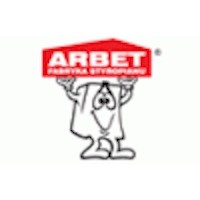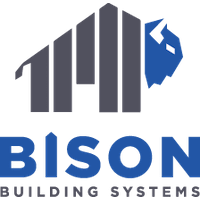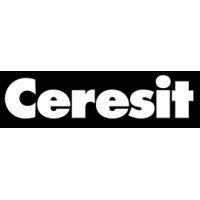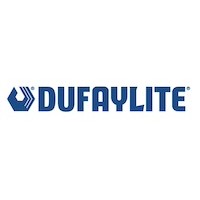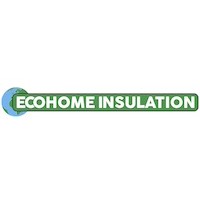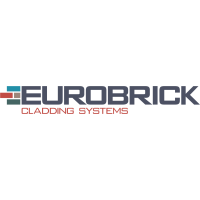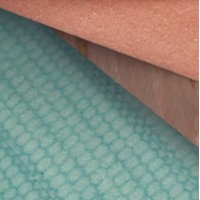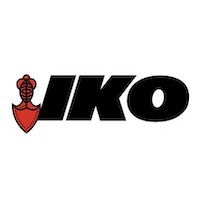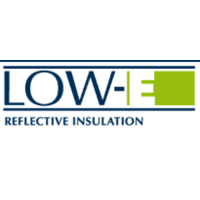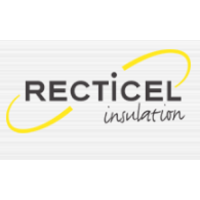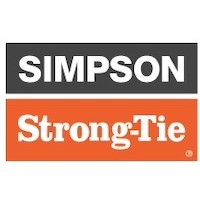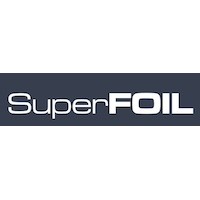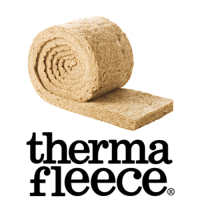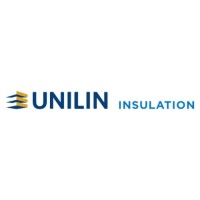Get Ready for the Fall with Energy Saving and Insulation Tips

Arrival of the fall does not only include preparation and adjustment of your wardrobe and life habits, but also adequate preparation of your home in the words of proper insulation and thus energy efficiency. Namely, although it is not uncommon for people to decide to insulate their home only when wintertime is upon us, fall is actually the best season for preparing your home for the winter, since you will avoid extremely low temperatures that could affect the installation process and may include additional precautions (thus, additional expenses). There are many things you can do in the words of improved energy efficiency of your property, but why not get ready for the fall with these energy saving and insulation tips.
Please notice that some of the proposed measures are quite simple and can be done with lower expenses, just as there are those that are initially more costly, but are also more efficient. We would like to underline that, when deciding on which measure to implement, do not be guided solely by the costs and expenses related to your energy saving and insulation project since, although this is always an important aspect of any plan, it should never be the only criterion taken into account. The reason is quite simple, since some measures are initially more costly but are also more cost-efficient on the long run, just as some measure may seem inexpensive at the beginning, but will not contribute to great cost and energy savings over the years. This is why it would probably be a good idea to hire a professional adviser or consultant that would give you a proper estimate of your costs and savings, upon undertaking a thorough inspection of your home, so you can make the decision that would be the best for your budget and your home’s energy efficiency. Now, let’s start considering some energy efficiency tips:

- The first advice costs nothing whatsoever, but can lead to up to 10% lower energy bills. Simply turn down your thermostat when you are not at home or when you go to bed at night. This will help you maintain temperature at a more stable and constant level, avoiding overheating your home and thus increasing your energy bills. On the other hand, if you are willing to invest a bit into this advice but make things simpler, you could replace your thermostat or build in programmable one that will allow you to schedule temperature changes.
- Another energy saving tip will also require a small budget for implementation but is more than useful on many levels and refers to proper maintenance of your heating system. Namely, it is not a secret that new and cleaned furnace filters will provide more heat than neglected and old ones. So, simply clean the filters regularly and make sure to replace them when they are worn out. If you are willing to invest a little more money, then you can take it a step further and check your gas connection and other heating equipment. Or simple have a professional contractor do it for you. The same can be applied also to your fireplace, if used as a heating source. Make sure to leave the fireplace damper closed when you are not using it, close or caulk around your fireplace if you are not using it and avoid combining more than one heating source within your home.
- Another not so costly energy saving measure for this fall refers to air tightness. The math is pretty simple here – if your home is properly sealed and air tight, less heat will be lost through holes and gaps in the building structure and thus less energy required to heat up the space. This especially goes for holes around windows and doors which can be easily dealt with some weatherstripping or caulking which you can do yourself. The same goes for small gaps between electrical outlets and your wall which need to be closed to reduce air filtration.
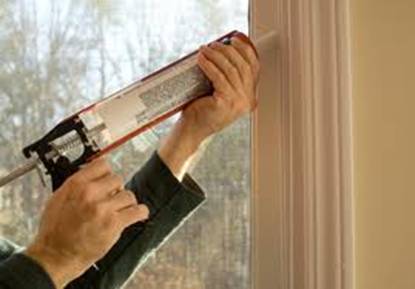
- Finally, probably the best and most efficient energy saving tip refers to insulation. There are a lot of options you can consider here, depending on how well your home is already insulated and of course, your budget. If you are dealing with a limited budget, you could choose insulation materials that are not as expensive and are easily accessible (such as glass or rock wool) and start by adding insulation to smaller areas within your home or by starting with areas that already have some insulation installed that only needs to be upgraded or partly replaced. For more serious projects and a larger budget, you could consider adding external wall insulation or convert and properly insulate your loft or basement space. Since there are basically countless options, it would be a good idea to hire a professional insulation installer that will inspect your home and recommend which insulation material and insulation installation method would be best for optimal energy efficiency and insulation results.
Insulation Shop offers a wide range of energy efficient UK insulation products. Send your quote enquiries to info@insulationshop.co or order directly from our insulation online shop.




